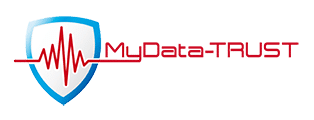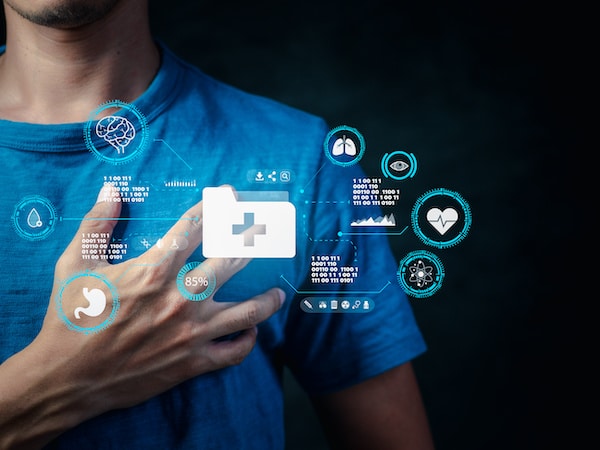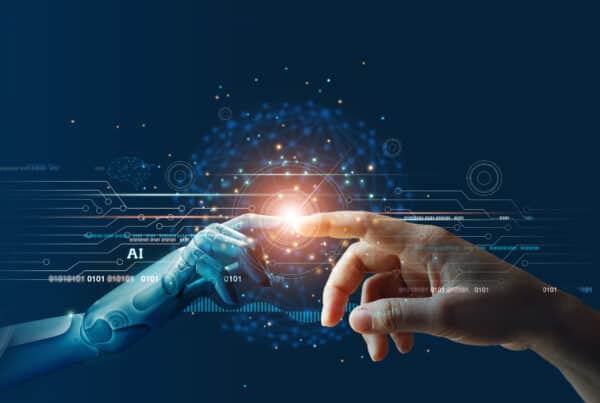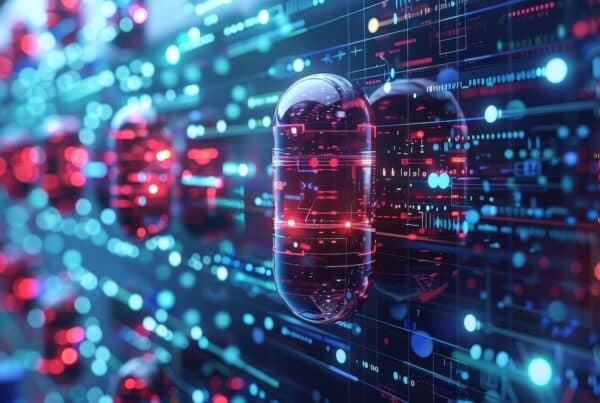The importance of Privacy in the Life Sciences Industry
Article
The importance of Privacy in the Life Sciences Industry
September 7th, 2023
The digital transformation experienced by the modern society has increased the relevance of Privacy in all fields of life. One can think of several industries impacted by the emerging implications of the right to privacy. However, there is one industry in which the concept of privacy becomes of crucial importance: Life Sciences. Our objective is to describe the particularities of this industry and include some illustrations about the potential risks of the misuse of the personal information handled in it.
Two Concepts
There are two key concepts in this topic: On the one hand the broad notion of the Life Science industry, which comprises of research, development and manufacturing of medicines, medical and biomedical technologies, health care, food processing and any other products aimed to improve the life of organisms, including of course, human beings.
On the other hand, the conceptualization of Privacy and Data Protection has broadened not only its relevance but also the extent of its interpretation (this is the case of the theorical differences between countries focusing on Privacy and the ones opting for Data Protection, however, that debate is not object of this article). What is true is that both Privacy and Data Protection aim to guarantee “individuals’ right of respect for their private life”.
From the definitions above, we can infer two clear ideas. First, that their main focus is on the individuals, and second, that the connection between those concepts is inevitable. Not only for the necessary contribution of the Life Science industry in the development of society, but also regarding the frequency and the great impact of it in people’s lives.
Doubts about our last statement? Let’s fill the checklist:
- Have you visited a hospital or any health care specialist in the past year?
- Have you downloaded an app to help you accomplishing your weight/health/sleeping goals?
- Have you or someone you know been invited to be part of a new drug or health treatment testing?
- Do you live in a country where electronic patient records are being used?
- Have you ever received an invoice from any health care provider stating the services carried out?
The list of questions can be very long, especially in our modern society where technology plays a key role in our daily life and has eased the access to all kinds of information and services through our mobile phones, laptops and even watches. Today, it is not a surprise to have our personal information navigating from one place to another on a higher level than before, but what about the risks associated with it?
The major threat is the loss of control over our health, genetic or biometrical information. These are all defined as “special categories of personal information” and modern legislations protect them by demanding additional requirements for their processing or even conditioning it to the individuals’ consent. The reason is no other than the intimate nature of the information itself which allows the identification of potential health conditions, fitness for certain tasks and may give rise to potential discrimination.
In light of the above, while the exchange of this type of information can be seen as necessary and logical to achieve certain goals (e.g., a physician requesting results from a laboratory to provide a diagnosis), we cannot deny that risks are present and that the impact on the individuals can be especially detrimental and, in some cases, irreversible (e.g., results sent to the wrong patient).
The following list provides some of the potential hazards people can be exposed to. You can click on each title to discover more. It is not an exhaustive list however, few examples can help to illustrate the importance of Privacy in the Life Science Industry and to identify the threats to be mitigated.
- Excessive collection of information
- Illegal access
- Patient Identification
- Loss, alteration, or lack of availability
- Profiling based on health information.
While the function of the Science Industry is necessary, there must be mechanisms in place to reduce the gathering of personal including sensitive information to only what is necessary to achieve the specific goal. Here, the main intention is to avoid individuals providing their sensitive data when there is no justification behind doing so. This is based not only on the power that each individual must have over their data but also on the need to prevent misuse and mitigate these risks (which is one of the main responsibilities of the data controllers)
Also described as unauthorized access, illegal access represents one of the most dangerous consequences of insufficient Data Protection. This can be the case when there is a disclosure of our confidential health information to parties with no involvement in our health care or treatment. The consequences? Some dramatic situations can be recalled, such as unfair dismissal (e.g., imagine a company being aware of a health condition which can be interpreted as hindering the employee’s productivity); another situation could be denial of insurance to certain individuals due to their health records (e.g., some cases have been already reported where people who have been affected by diseases have been rejected not only by insurance companies but also by credit entities). In this point it is important to not underestimate our imagination regarding the potential misuse of this confidential information as the threats can take various forms.
Whereas this situation might sound of minor importance and even necessary (e.g., accurately matching analysis results with the correct patient), we cannot ignore that the link of some sensible information to specific individuals can also have a downside as in the case of people suffering from diseases subject to prejudices. Additionally, this situation may not only involve the person concerned but can be extended to their relatives, resulting in a broader degree of damage. Thus, the need to protect confidentiality when processing their data is essential.
This point reflects the impossibility to access or track back sensitive data, or the modification of such information which can be materialized into delays or incorrect diagnosis. One important remark in this aspect is the increase of cybersecurity attacks, especially targeting hospitals and other health care related businesses due to the potential and richness of health data.
Another risk worth mentioning is the potential misuse of health information with a commercial and economic purpose. Nowadays, profiling is used to identify the products or services that individuals may be willing to acquire with the intention to further promote them in a customized way. This is why the access to our sensitive information can be especially attractive for certain companies, not to mention the increase of pressure put on people being persuaded to pay for products or services that they might not even need.
Conclusion
As we can see, the concept of Privacy in the Life Science Industry is significant, and it must be properly addressed from two stand points: in relation to the potential consequences of its disregard, and taking into account the specific sector in which the personal information is being handled. There are several elements to be considered for a good compliance plan and it is essential to understand the specificities of the industry together with the requirements for the protection of personal data to achieve a balance.
Learn more about the Life Science Privacy legislation in Europe over here

Michelle Ayora

Victoria Derumier






